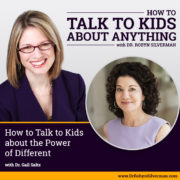How to Talk to Kids about having meaningful conversations that matter with Celeste Headlee
Special Guest: Celeste Headlee
Celeste Headlee is the host of “On Second Thought” at Georgia Public Broadcasting in Atlanta and has been a host and correspondent for NPR and PRI since 2006. She is the author of the book, We Need to Talk: How to Have Conversations That Matter (Harper Wave, September 19), a practical guide to the lost art of conversation. Celeste’s TEDx Talk sharing 10 ways to have a better conversation was listed as one of the most watched TED Talks in 2016 (CNBC) and named the #1 must-watch TED Talk by Glassdoor (with over 11 million total views to date.)
Being able to have productive conversations is a skill—and it’s a skill, built on a series of other skills from being assertive to listening to ensuring that we were heard correctly and yes, that we have heard and understood correctly what others are saying. These days, with so much communication relying on electronic screens and emojis, the art of conversation may be at risk. And that’s a scary thought. To put ourselves in the frame of mind of taking in the importance of good conversation skills, just think of what happens when poor communication happens—people get the wrong idea, mistakes are made, feelings are hurt and stuff does not get done in the right way. And when conversation is clear and strong and good- progress is made, we feel understood and connected- truly, it can make all the difference.

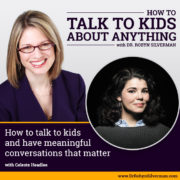
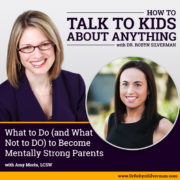
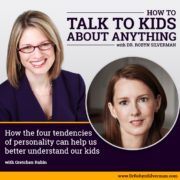
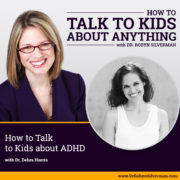
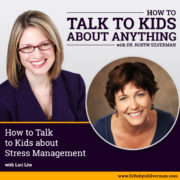
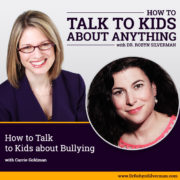
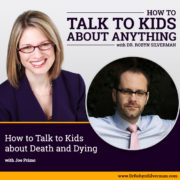
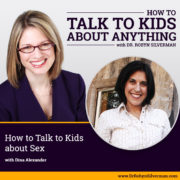
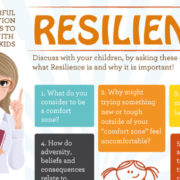
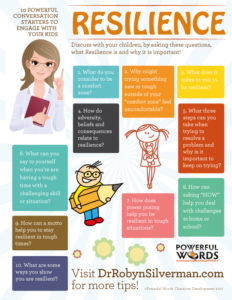 From bullying to disasters to the scary happenings we see on the news, raising kids in today’s world can be challenging. It’s easy to see why teachers, parents, coaches and other adults in the lives of children want to shield children from all hardships. Of course, this isn’t possible and over-protecting children and
From bullying to disasters to the scary happenings we see on the news, raising kids in today’s world can be challenging. It’s easy to see why teachers, parents, coaches and other adults in the lives of children want to shield children from all hardships. Of course, this isn’t possible and over-protecting children and 
